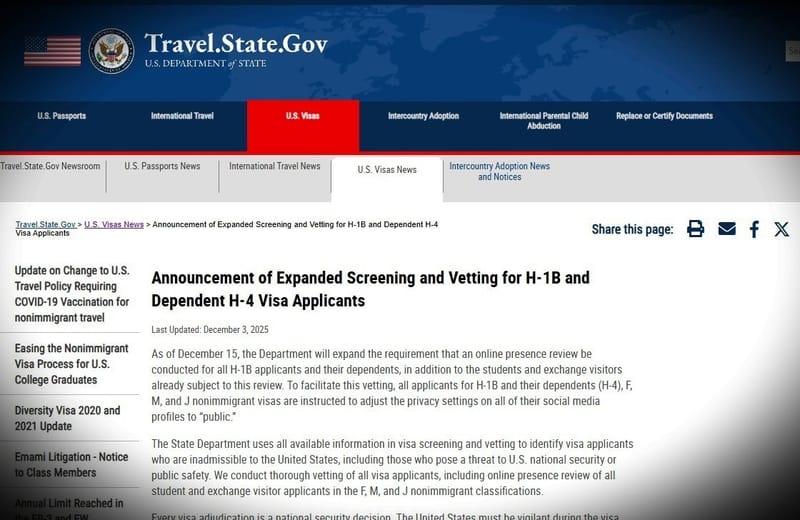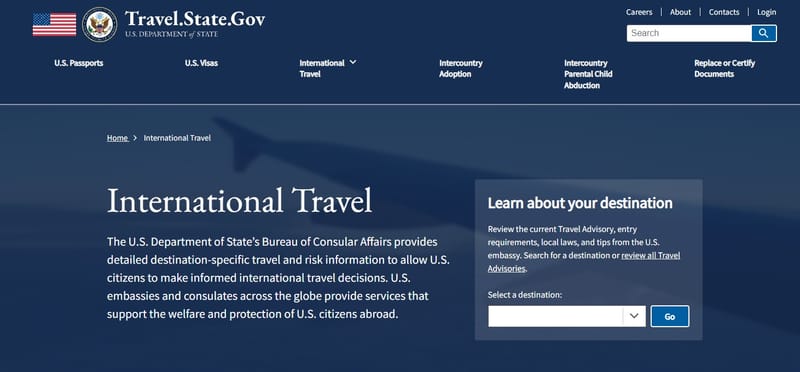USCIS Broadens 'Good Moral Character' Scrutiny for US Citizenship Applicants
This policy shift signals increased hurdles and uncertainty for legal immigrants pursuing US citizenship, demanding a more comprehensive and potentially subjective demonstration of character.

Subscribe to our newsletter and stay informed about latest H1B news, policy updates and and other developments.
Article Summary
The Trump administration plans to scrutinize US citizenship applications more closely by expanding the scope of 'good moral character' assessments for naturalization. USCIS officers are now instructed to conduct a holistic review of an applicant's behavior, adherence to societal norms, and positive contributions, moving beyond a mechanical check for criminal offenses. This policy change aims to restrict access to immigration benefits by increasing the requirements for legal immigrants seeking citizenship.
Original Article: livemint.com
[ Sentiment: negative | Tone: factual ]
This summary and analysis were generated by TheNewsPublisher's editorial AI. This content is for informational purposes only; it does not constitute legal or immigration advice.
[ Sentiment: negative | Tone: factual ]
This summary and analysis were generated by TheNewsPublisher's editorial AI. This content is for informational purposes only; it does not constitute legal or immigration advice.
TNP AI: Key Insights
This policy change significantly raises the bar for legal immigrants, including those who transitioned from skilled visas, seeking naturalization. Previously, the 'good moral character' assessment primarily focused on the absence of specific criminal offenses; now, officers are directed to conduct a 'holistic assessment' that includes 'adherence to societal norms' and 'positive contributions.' This subjective expansion could lead to longer processing times, increased requests for evidence, and potentially higher denial rates based on factors beyond clear legal infractions.
The shift from a largely objective checklist to a subjective 'holistic assessment' represents a significant tightening of naturalization requirements, reflecting a broader trend of the administration's efforts to restrict immigration benefits. This change will likely create greater anxiety for applicants and could lead to legal challenges over the vagueness and potential for inconsistent application of the new guidelines, impacting the predictability of the citizenship process for thousands of skilled professionals.




